Media question wisdom of recognising Kosovo
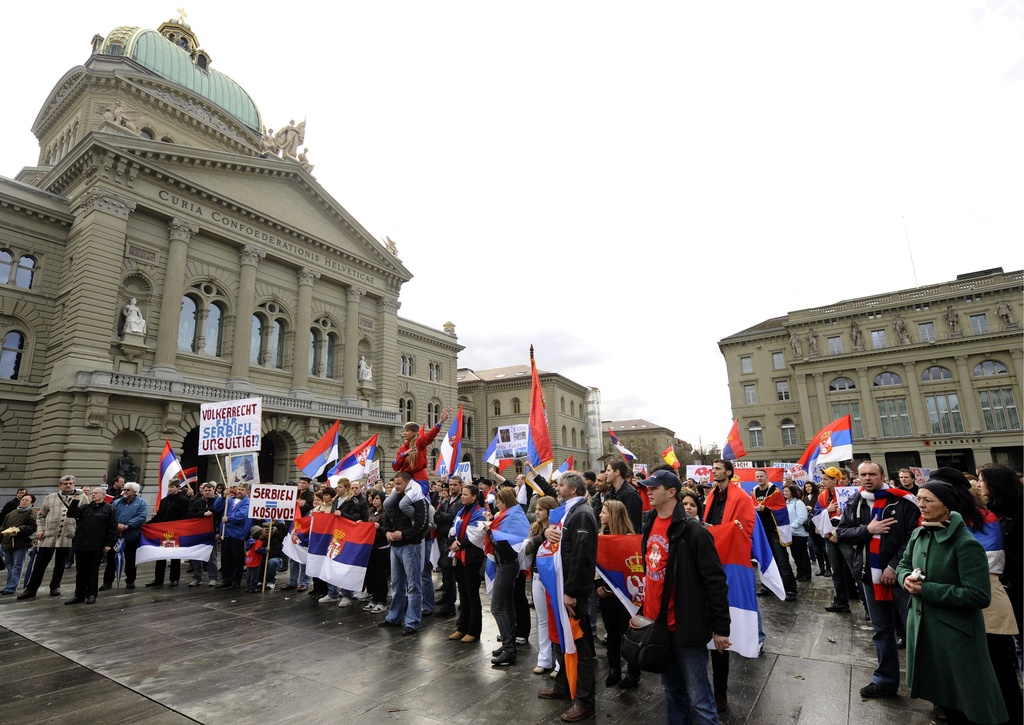
Does Switzerland bear a responsibility for the legitimacy of the Kosovo government, given it was one of the first nations to recognise Kosovo’s independence?
There have been criticisms in the Swiss media this week of Switzerland’s diplomatic move, following a Council of Europe report accusing the Kosovo leader of heading a mafia-style organisation.
The international community also came in for criticism by Swiss politician Dick Marty, who led the investigation.
According to Marty, the European Union, the United States and the United Nations were all aware of the crimes committed by the Kosovo Liberation Army (KLA), but turned a blind eye in favour of short-term stability.
His report accuses Kosovo Prime Minister Hashim Thaci of being the head of an organised crime ring during the Kosovo Albanian guerrilla war against Serbia in the late 1990s – a ring that assassinated opponents and trafficked in drugs as well as organs harvested from murdered Serbs.
Newspapers including Geneva’s Le Temps took Switzerland to task. On Thursday, it said that Switzerland was following and even encouraging the trend of quasi-absolving crimes committed by the Albanians – and that despite the work of its countryman Marty as well as war crimes prosecutor in the Hague, Switzerland’s own Carla Del Ponte.
“How blind! How could such a careful country that insists on human rights be so partisan,” asked Le Temps.
In Le Temps’ view, Switzerland carries a larger part of the burden than other countries on account of its connections with the KLA.
“Would Foreign Minister Micheline Calmy-Rey still shake Hashim Thaci’s hand today as she did when the Swiss embassy opened in Pristina in 2008?” queried the newspaper.
Right or wrong?
“Marty is right regarding one accusation – that the goal of political stability in Kosovo was given priority over the basic principles of justice,” wrote the Zurich-based Neue Zürcher Zeitung on Friday.
Yet former parliamentarian Ruth-Gaby Vermot from the Social Democratic Party disagrees, coming to the defence of the Swiss government’s position on Kosovo sovereignty.
“I still think it was right for Switzerland to recognise Kosovo so quickly. This young nation needed support as well as money for its development,” Vermot told swissinfo.ch.
She pointed out that there are always human rights issues linked with nations and liberation organisations involved in wars. However, it is only since Marty’s report that people realise how dreadful these crimes are.
“Now it is possible to look into it properly and make the government accountable,” Vermot said.
Clarity needed
The Swiss foreign ministry has not yet taken a position on Marty’s report. It called on the affected countries to contribute to the clarifications of Marty’s “very serious” allegations.
“Now it is time for the responsible authorities – including the international ones – to take the necessary legal steps,” said the ministry in a statement. The EU mission EULEX has already led investigations into allegations of inhumane treatment. “Justice now takes priority,” said the ministry.
A key part of Switzerland’s involvement in Kosovo is the goal of strengthening the country’s rule of law. According to the foreign ministry, the allegations in Marty’s report have provided “more arguments” that this commitment should continue.
Following the release of Dick Marty’s report, Swiss Foreign Minister Micheline Calmy-Rey has decided not to accept the Prix Diaspora from Kosovo at the moment.
The award was scheduled to be presented by the Kosovo Embassy in Bern on Tuesday.
“In light of the publication of the Marty report, now is not an appropriate time for a festive award ceremony,” the ministry announced on Friday.
Kosovo wants to honour Calmy-Rey for her services to Kosovo-Albanians.
To the dismay of Serbia, Calmy-Rey called for the independence of Kosovo already in 2005.
Kosovo became a sovereign state in 2008.

In compliance with the JTI standards
More: SWI swissinfo.ch certified by the Journalism Trust Initiative
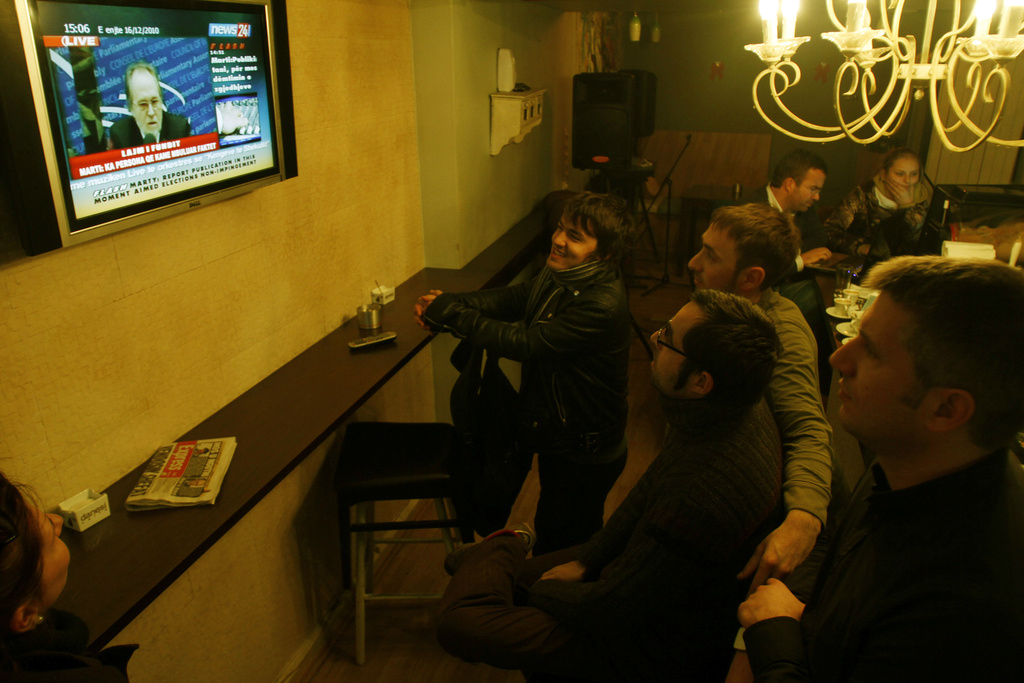
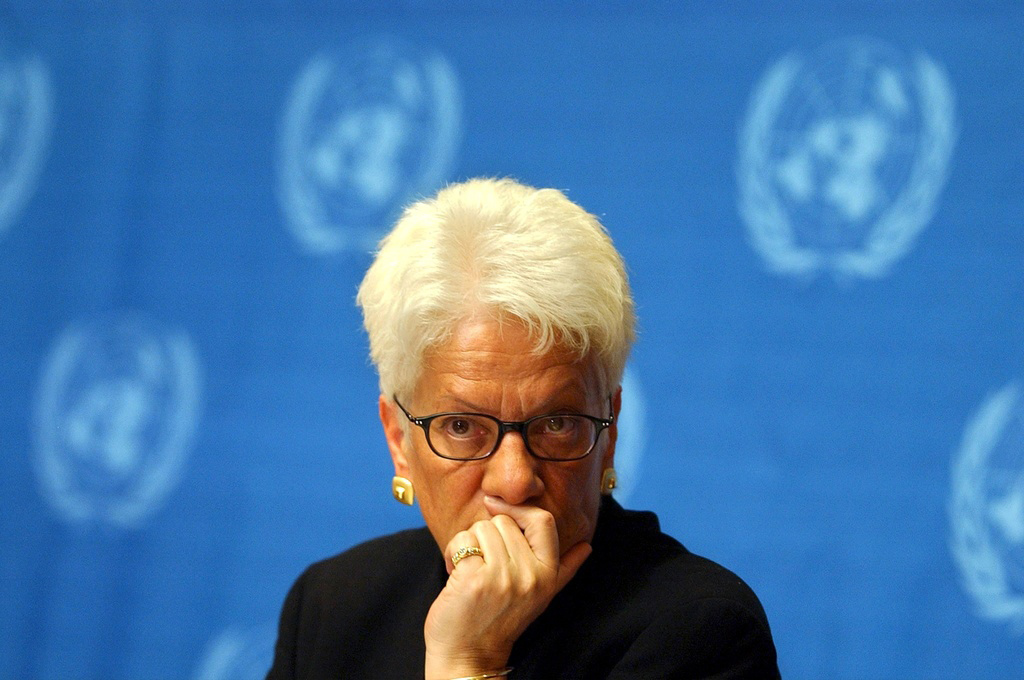
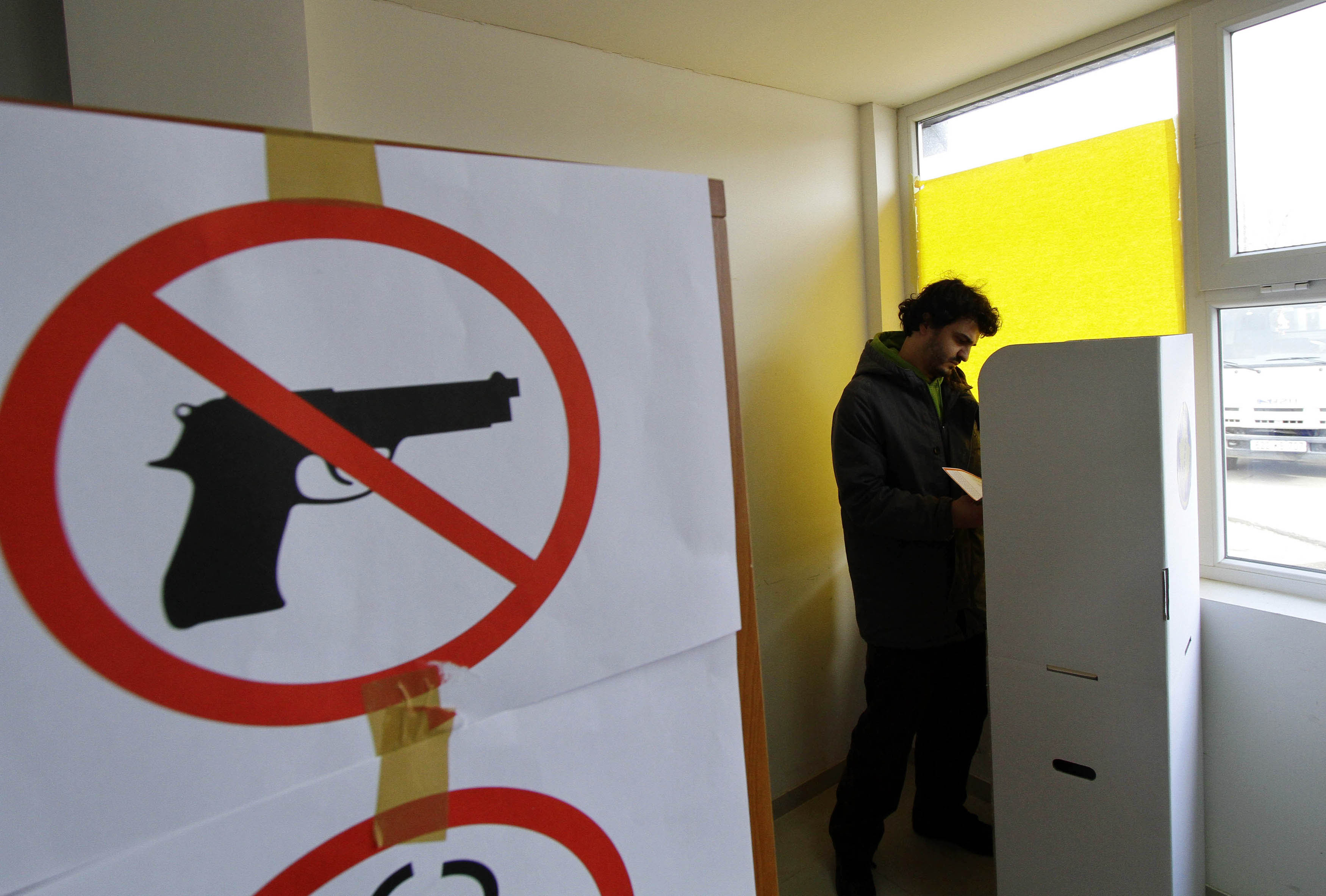
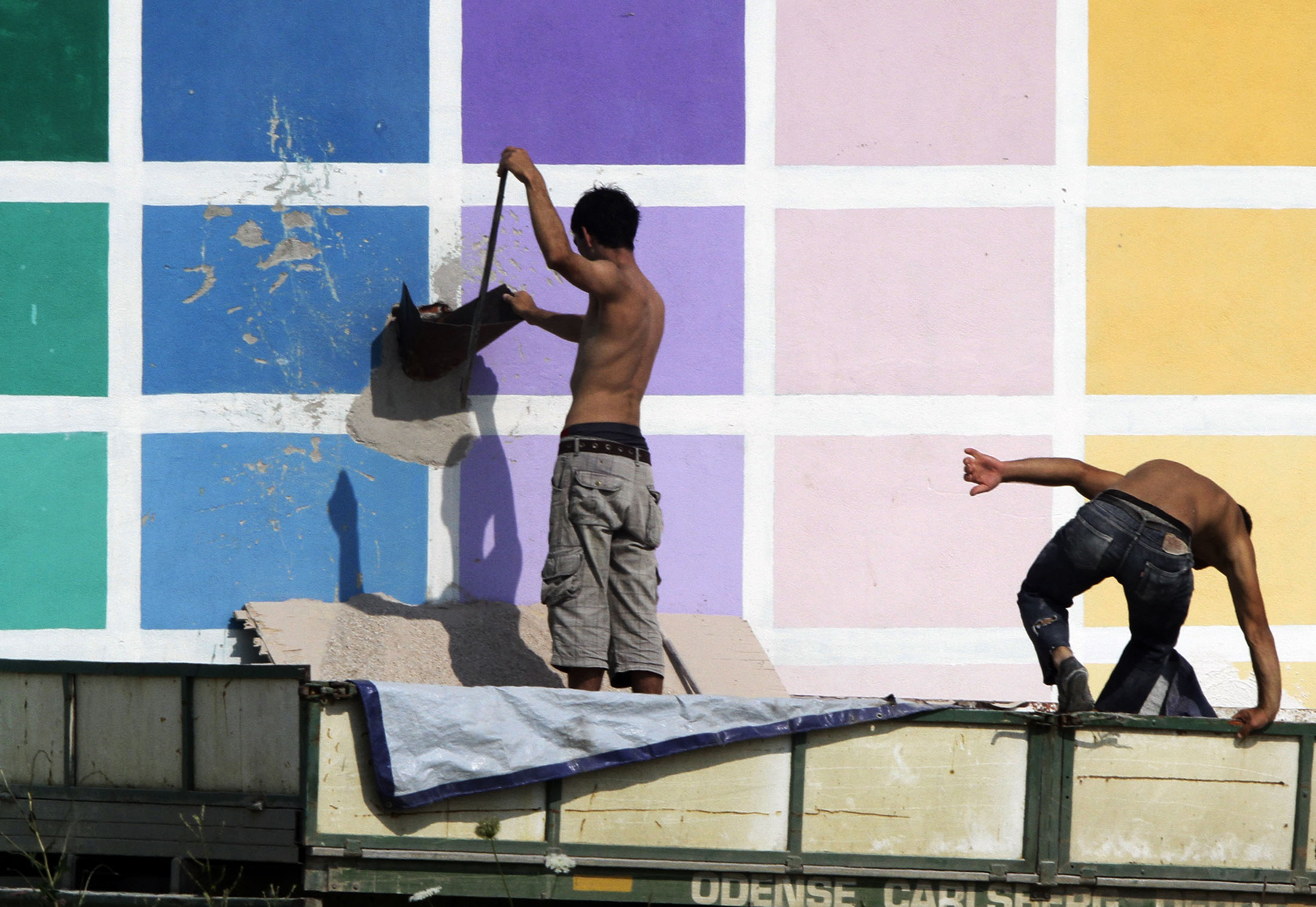
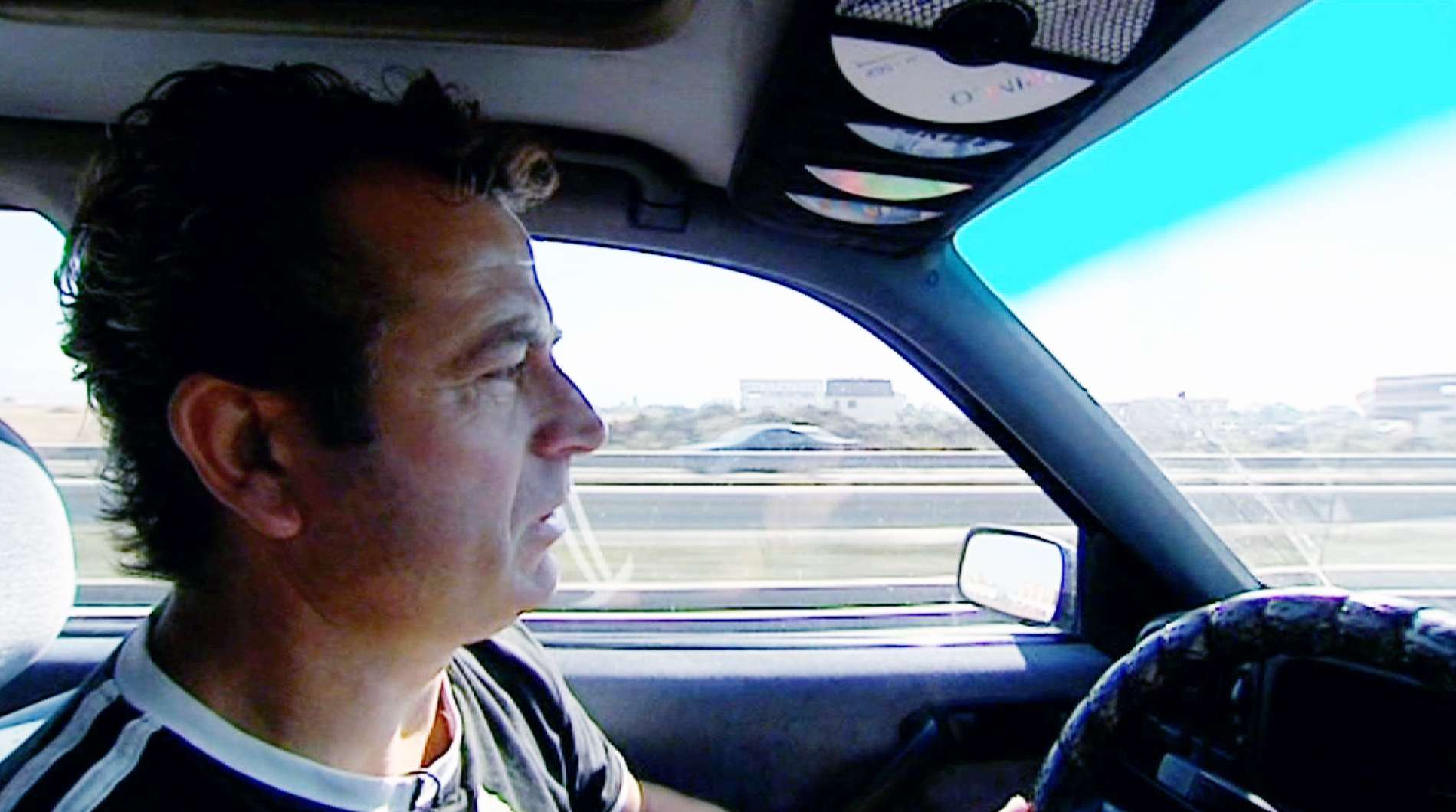
You can find an overview of ongoing debates with our journalists here. Please join us!
If you want to start a conversation about a topic raised in this article or want to report factual errors, email us at english@swissinfo.ch.